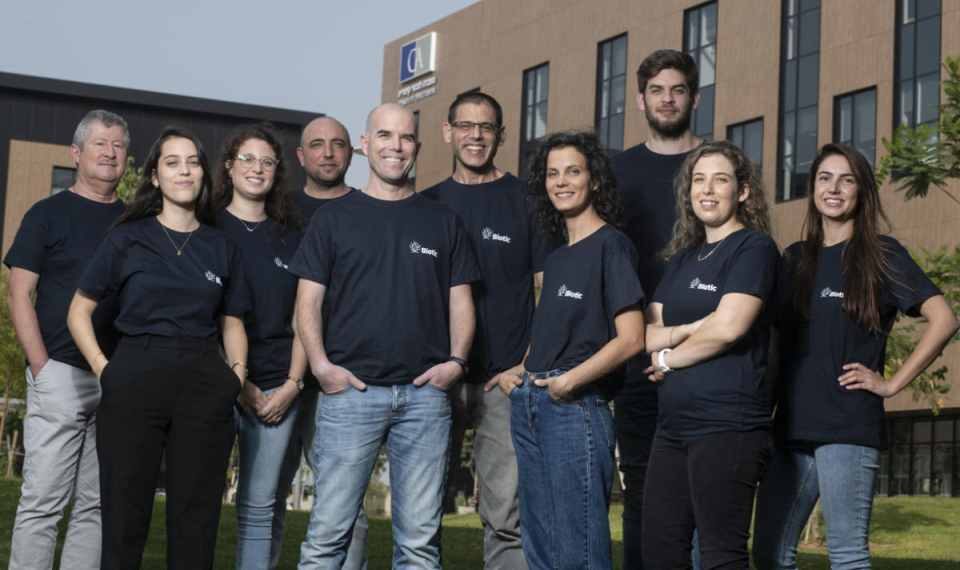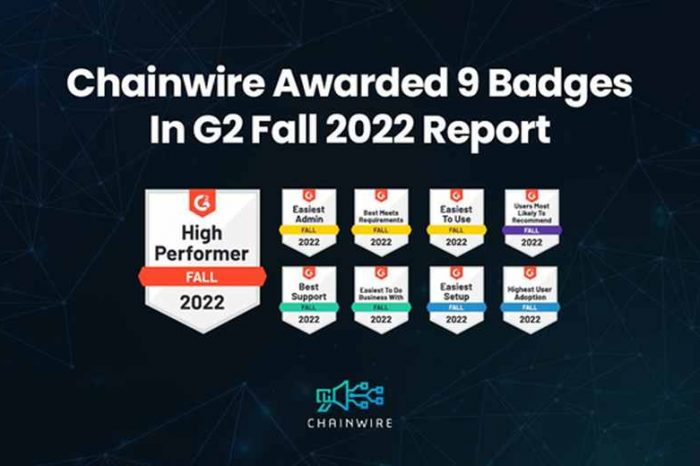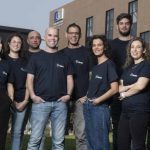Biotic lands €2M Seed funding to transition from fossil-fuel-plastics to fully-biodegradable plastic materials

Plastic pollution is a worldwide crisis that affects every being on earth including humans and animals. Every year, more than 400 million tons of plastic products with large portions are thrown into the oceans, which end up endangering marine life animals. Just about 9% of plastics are recycled, leaving the rest to degrade over hundreds of years.
As plastic pollution increases, so are the microplastics that get released from disposed plastics. These microplastics can be found everywhere: oceans, rivers, landfill, rainwater, marine life habitat, and most recently in mothers’ breast milk. Multiple studies have shown that we consume approximately FIVE GRAMS (a spoonful) of plastics on a weekly basis. That’s why one cleantech startup is on a mission to help the world transition from fossil-fuel-plastics to fully-biodegradable plastic materials.
Enter Biotic, an Amsterdam-based tech that produced bio-based and safe alternatives to fossil-based plastics (approx. $500 billion market) using PHBV Polymers with the potential to reduce plastic waste.
Today, Biotic announce €2 million in Seed funding to build a plant, optimize processes, and increase production capacity. The round was led by Paseo Rosalez, UM6P Ventures, The Yield Lab Asia Pacific, Norfolk Green Ventures, Cambridge Agritech and TenNine.vc, alongside Rockstart.
As a commodity manufacturer producing bioplastic flakes or pellets, their customers range across all industries. Biotic’s thermoplastic polymers fit a wide range of plastic applications, from very flexible to very ruggedized products. Their polymers fit with existing production lines and industrial needs, ensuring a seamless transition. Biotic’s process extracts the carbon source of biomass, macroalgae, which is naturally grown in every ocean all year long and has positive environmental effects in terms of CO2, is free of endotoxins, and does not compete with arable land. Biotic uses saline water in the process, reducing energy consumption and contamination risks.
Commenting on the funding, Adi Goldman, CEO & Co-founder, of Biotic, said: “We have successfully accomplished multiple polymers’ production scaling up, achieved non-sterile and continuous processes, and reduced process costs while conducting pilot projects with Fortune 500 companies. The Seed proceeds will be used to establish our pilot plant, expand the team, enhance process optimizations to increase efficiencies and yields, expedite our in-house capabilities of production to hundreds of kilograms of PHBV polymers monthly, increase the number of produced polymer types, and achieve market validation by strategic corporate partners. We are thrilled to have accumulated such a relevant, strategic, and diverse group of investors that have both the expertise and network to support our growth across regions and industries.”
Mark Durno, Managing Partner AgriFood, Rockstart, also states: “Plastic production has grown faster than any other material since the 1970s, a worrying trend in light of climate change. Adi and Eran have demonstrated that they understand the complexity of this challenge and the need for solutions that can fit our current manufacturing and user requirements. This is our third investment in Biotic, and we are proud to be supporting the company on their mission to enable the transition from fossil fuel-derived plastics.”
The AgriFood fund is Rockstart’s first fund launched in 2019. Rockstart AgriFood has 41 portfolio companies to date, with 37 investments in 2022 alone making Rockstart one of the most active AgriFood investors in the world. The Rockstart AgriFood portfolio companies have collectively raised more than €40m in total thus far.

